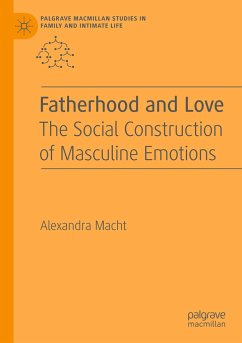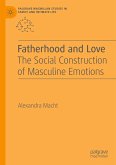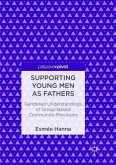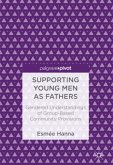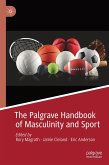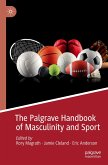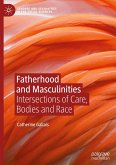This book explores how contemporary men understand love in the realm of family life and how they integrate it into their identity. Drawing from Ian Burkitt's aesthetic theory of emotions, Macht presents rich data from qualitative interviews and observations with Scottish and Romanian involved fathers, to reveal how they maintain closeness to their children, their partners and their own family of origin. Reflecting on distances, separations, power, worry and intergenerational experiences of love Fatherhood and Love hypothesizes that fathers' identities and emotionality rely on a variety of social relationships in their intimate environment. A new concept, 'emotional bordering', is introduced, to portray the tensions inherent in fathers' identities and illuminate why gender progress happens slowly. Engaging with literature on love, masculinity, culture and father's involvement from a unique perspective, this book will be of interest to students and scholars across a range of social science disciplines.
Bitte wählen Sie Ihr Anliegen aus.
Rechnungen
Retourenschein anfordern
Bestellstatus
Storno

